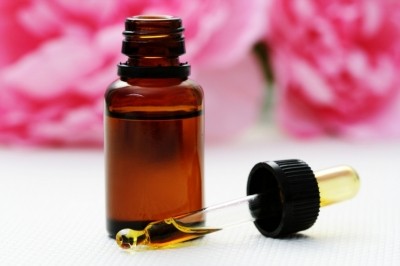Essential oils can become allergens on contact with air and skin, says researcher
Formulators should be aware that certain aromatic oils are altered by environmental factors and can cause contact allergies in sensitive individuals, even if the oil itself is not an allergen in its pure form, said researcher Lina Hagvall from the University of Gothenburg, Sweden.
Hagvall looked at lavender oil and geraniol oil (the major component of rose oil) as part of her pHD thesis.
Lavender oil oxidises in air
Lavender oil reacts with the oxygen in the air forming hydroperoxides, which are strong allergens, according to Hagvall.
Although Hagvall did not investigate the behaviour of lavender oil when in contact with skin enzymes, she referenced previous studies indicating it did not form allergens under these circumstances.
In contrast, geraniol oil reacted with the skin enzymes as well as oxidising in contact with the air, forming the same allergenic compound in both cases - geranial.
Geranial is also an irritant, according to Hagvall. Although the reaction in sufferers can look the same, allergens cause an immune response whereas irritants damage the surface of the skin causing inflammation.
Preventing autoxidation
For Hagvall, these results suggest formulators should take steps to prevent autoxidation.
“I think that autoxidation should be considered by formulators and producers of essential oils…more work is needed to make sure these essential oils are used in a safer way, with regard to the development of contact allergies,” she said.
Obviously there are differences between lavender and geraniol oil. With lavender, formulators need only stop autoxidation whereas even if autoxidation could be prevented in the case of geraniol, geranial could still form on contact with the skin.
Having said that, Hagvall explained that the main risk for developing contact allergy to geraniol is through contact with air-exposed material as the concentrations of the allergens are higher. Therefore, preventing autoxidation is still important for geraniol, she said.






